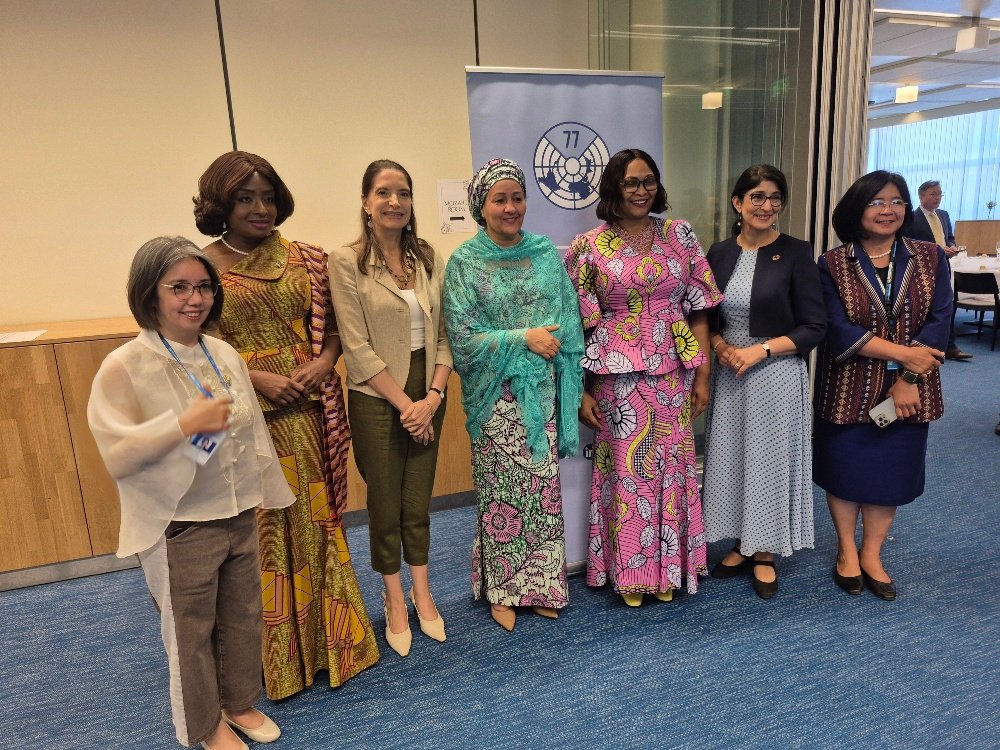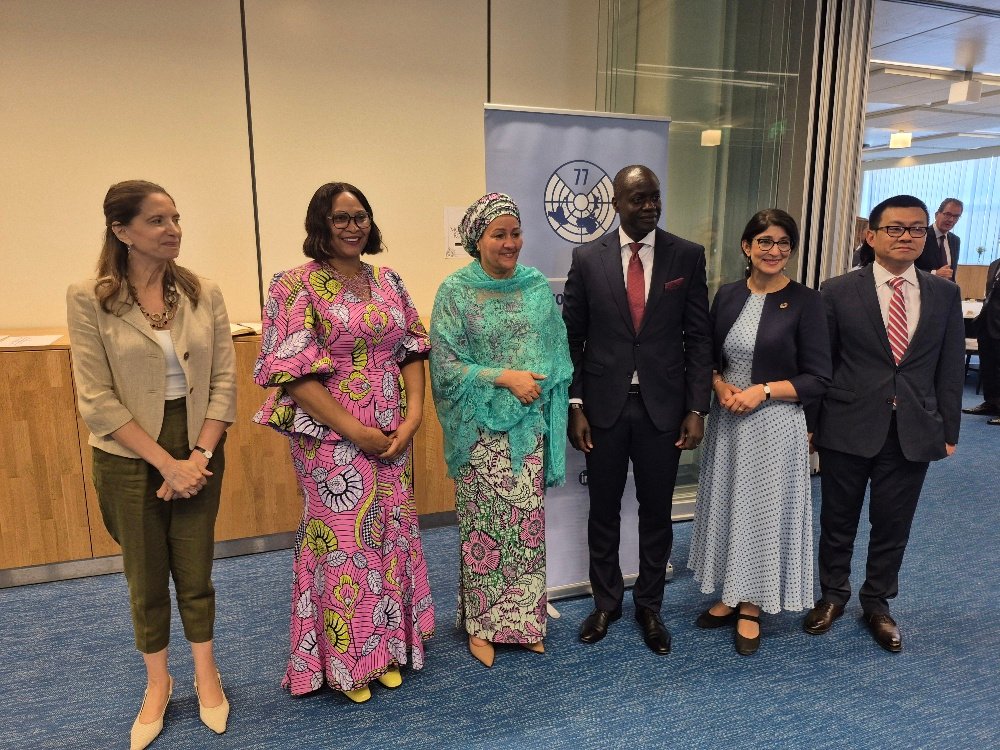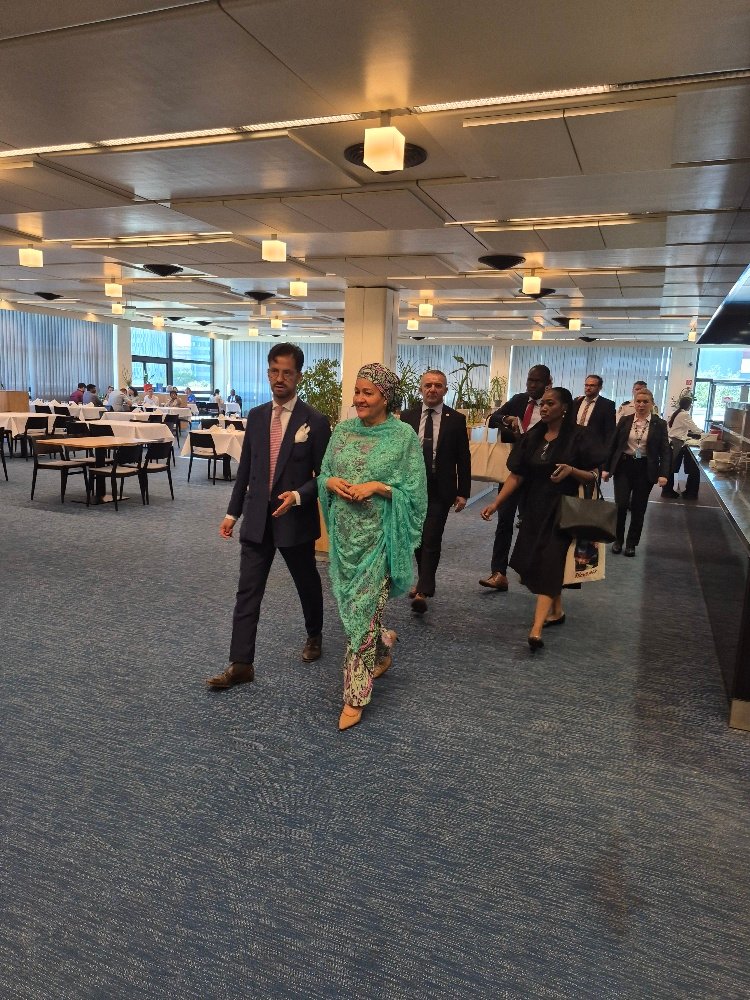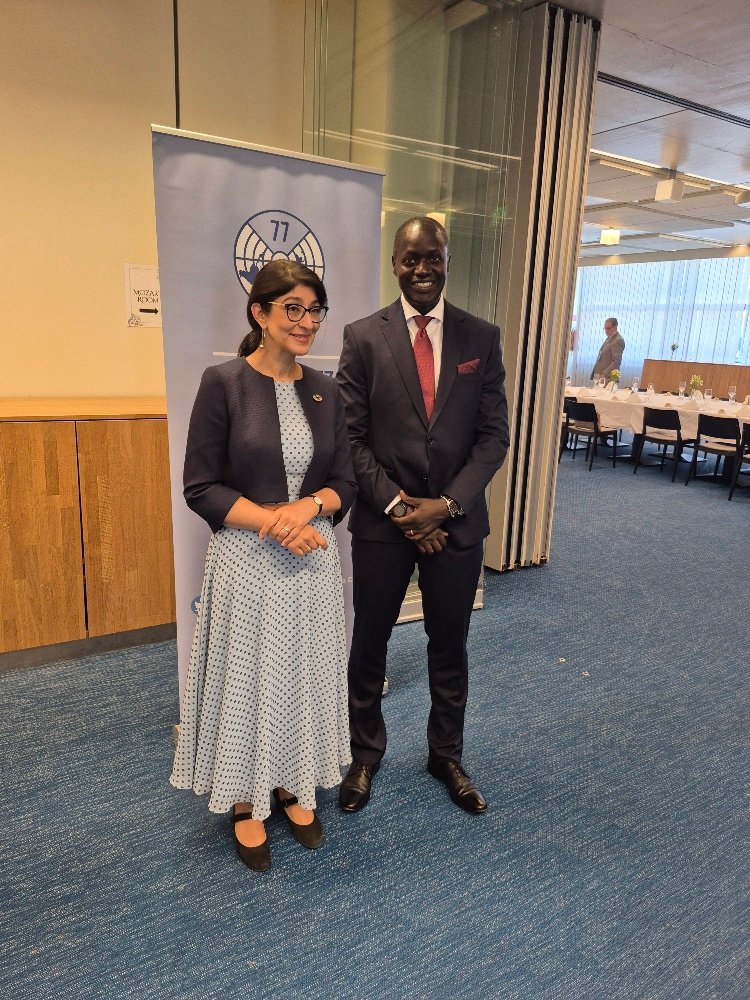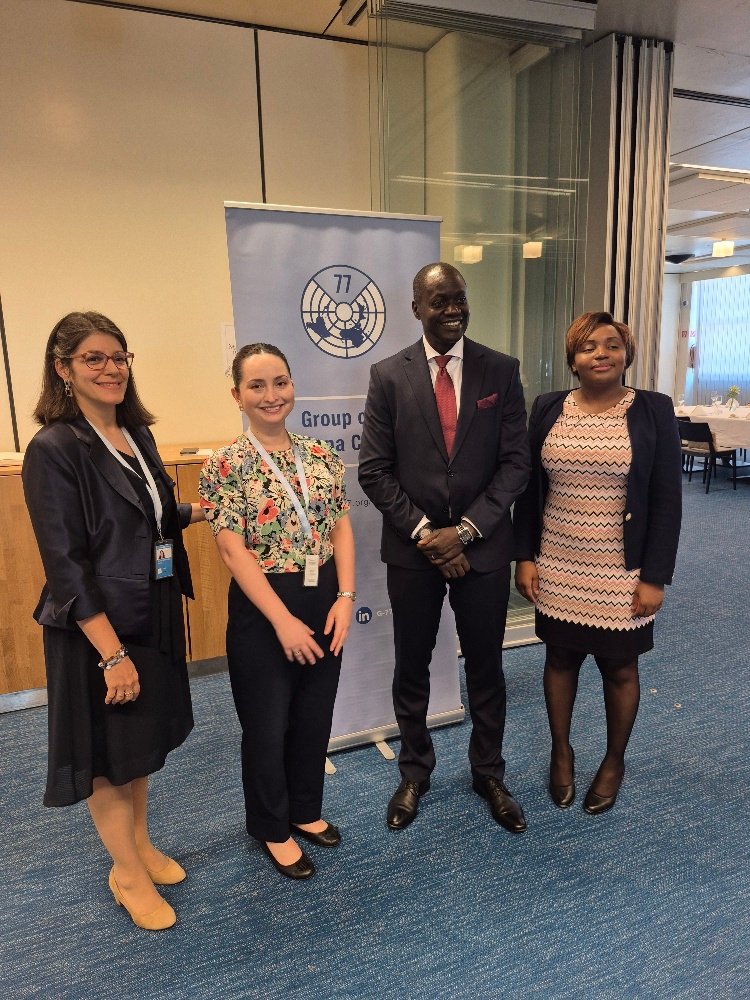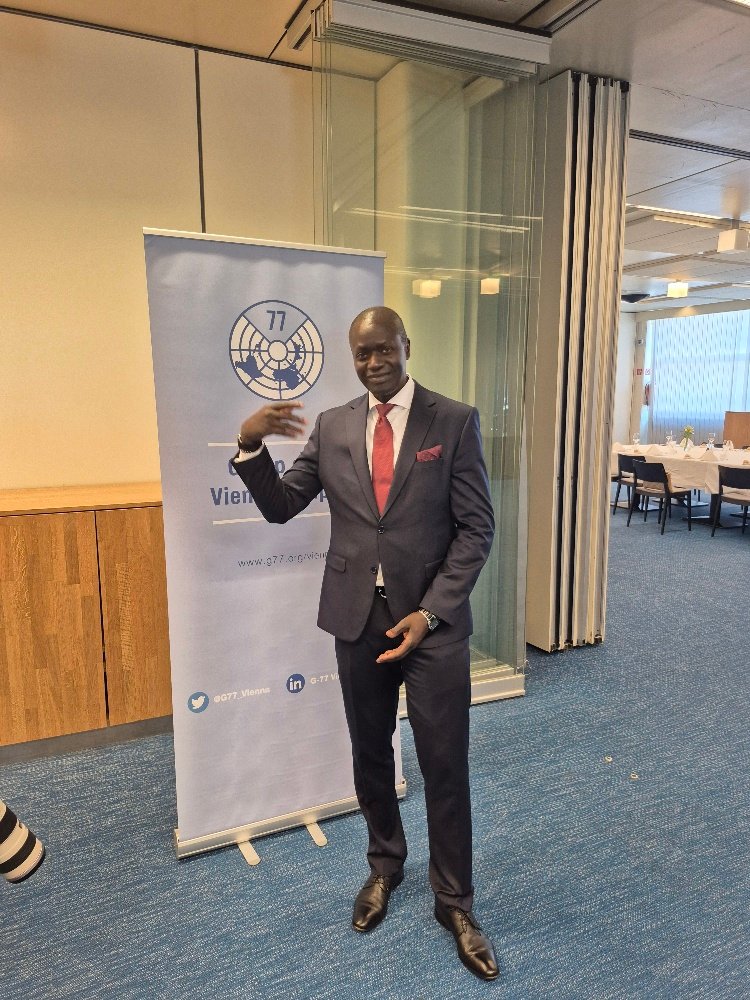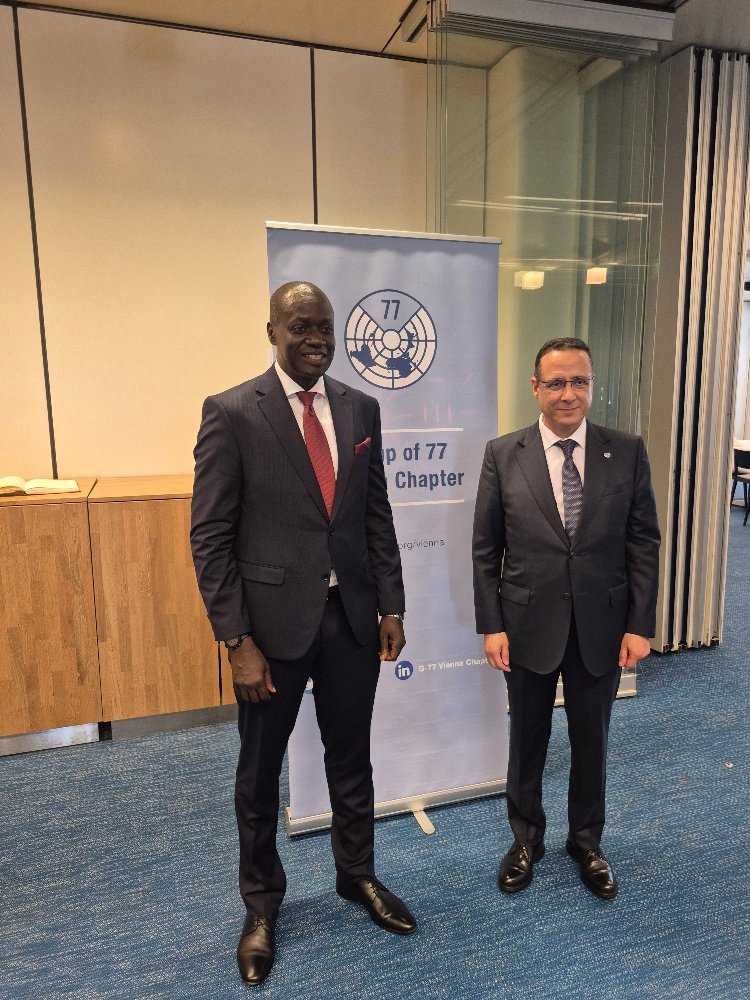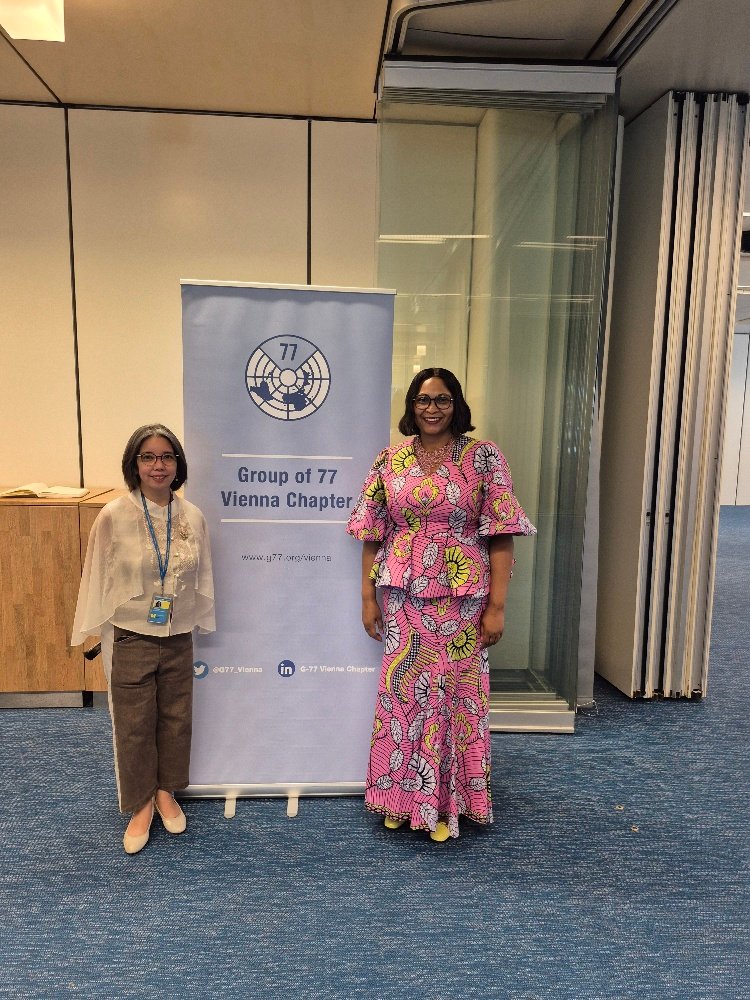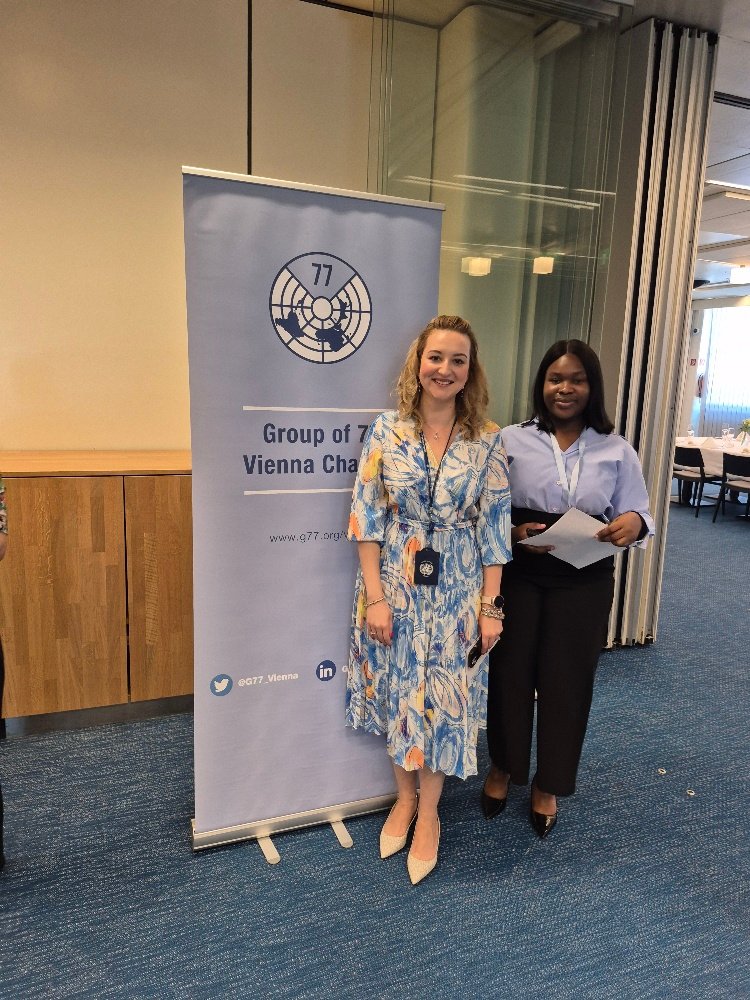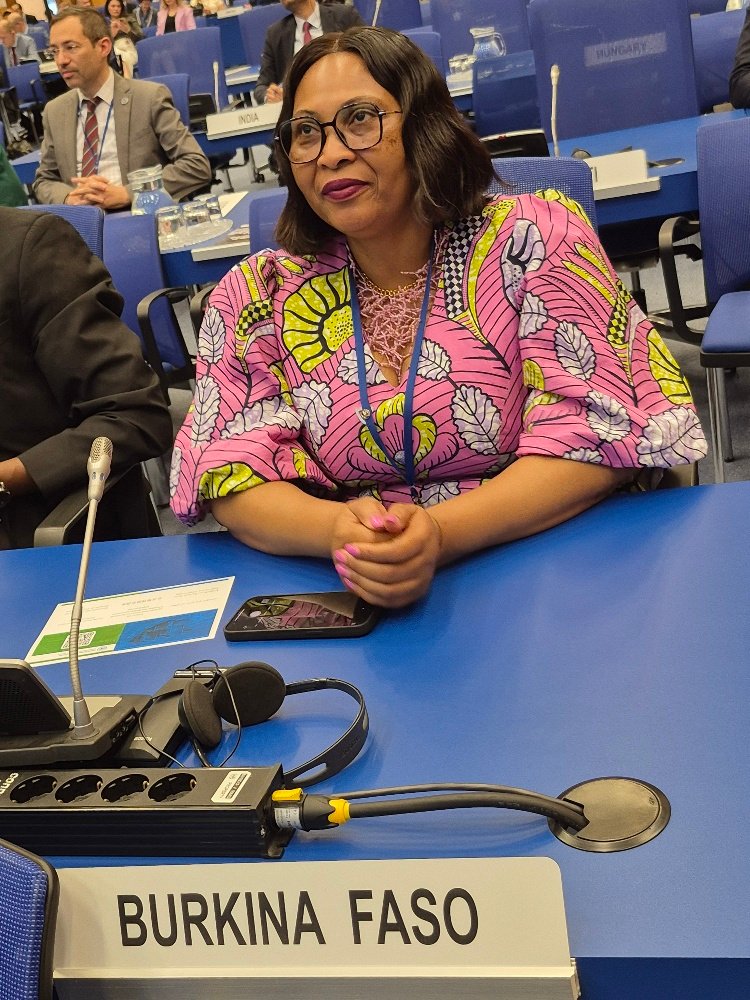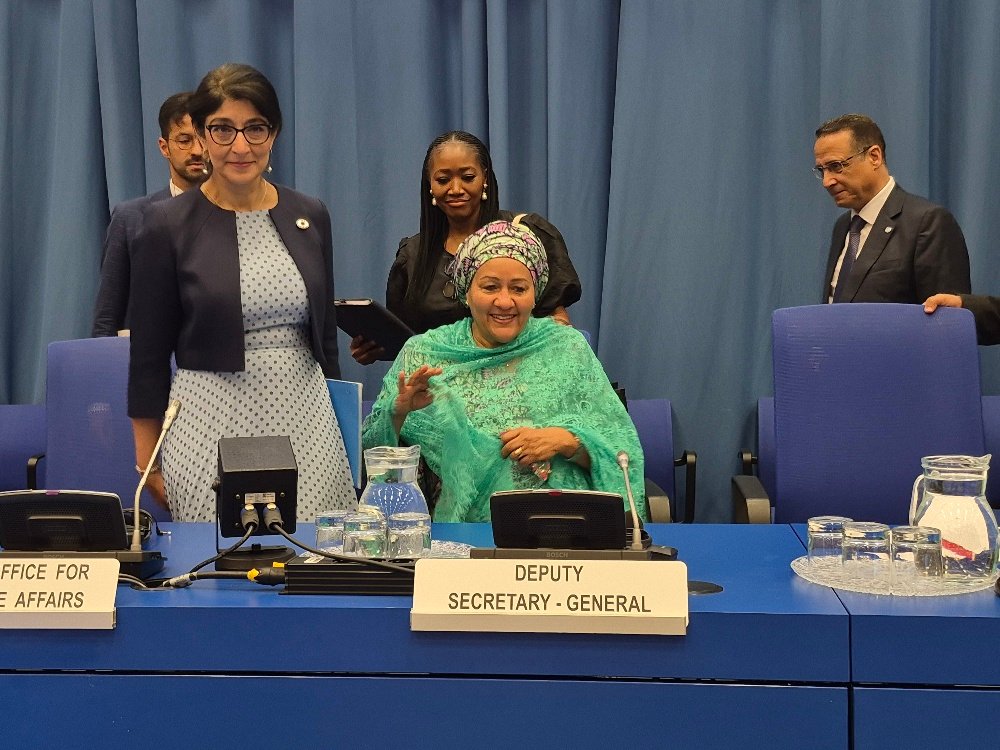Overview of the Visit
The upcoming visit of United Nations Deputy Secretary-General Amina J. Mohammed to Vienna on July 2, 2025, represents a significant milestone in the global discourse surrounding space governance. This visit is closely tied to the 68th session of the Committee on the Peaceful Uses of Outer Space (COPUOS), where member states will engage in crucial discussions aimed at fostering international cooperation in the domain of outer space activities. The context of this visit speaks volumes about the UN’s commitment to responsible space exploration and utilization.
Amina J. Mohammed’s presence in Vienna underscores the recognition of space as a shared resource that demands collaborative approaches to ensure safety, sustainability, and peace among nations. As space activities become increasingly prevalent and complex, the roles of international organizations like the UN are vital in establishing frameworks that govern the use of outer space. COPUOS serves as an essential platform for member states to deliberate on pressing issues such as the prevention of space debris, the commercialization of space, and the need for equitable access to outer space for all countries, irrespective of their developmental status.
This visit also aligns with the UN’s broader agenda on sustainable development, particularly the goals that aim to protect the planet and foster cooperative ventures beyond Earth. Mohammed’s engagement with COPUOS will not only highlight the importance of global partnerships but also enhance the visibility of the UN’s role in peacekeeping efforts in outer space. The significance of this visit lies in its potential to galvanize support for initiatives that seek to enhance international collaboration, thereby paving the way for a more peaceful and secure space environment for current and future generations.
Key Events and Engagements
The upcoming visit of the UN Deputy Secretary-General to Vienna for the Committee on the Peaceful Uses of Outer Space (COPUOS) is poised to be a significant event, highlighting critical issues surrounding space innovation and sustainability. One of the key engagements during this visit was the address delivered by the Deputy Secretary-General at the opening session of COPUOS. This address aims to set the tone for the discussions that followed, focusing on the role of international cooperation in advancing space exploration and the responsible use of outer space resources.
In addition to the main session, a high-level side event titled “Powering Our Future in Space – a Dialogue with Youth and Industry” took place. This event underscores the importance of involving young minds and industry leaders in the conversation regarding space innovation. By fostering dialogue between youth and industry representatives, the event aims to generate fresh perspectives on sustainable practices and innovative technologies in the context of space exploration and use. The event will be hold at Vienna International Center and attracted a diverse audience comprising policymakers, industry experts, and young innovators who are passionate about the future of space.
The objectives of these engagements extend beyond mere discussions; they aim to establish actionable strategies that promote sustainability in the rapidly evolving space sector. The inclusion of youth in this discourse reflects a broader commitment to nurturing the next generation of leaders while spotlighting their crucial role in shaping the future of space exploration. Overall, these events represent a vital opportunity to reinforce the collaborative efforts necessary to address the challenges and opportunities that lie ahead in our quest for sustainable solutions in outer space and increased roll of cooperation with civil organisations.
Media Participation
The visit of the UN Deputy Secretary-General to Vienna for the Committee on the Peaceful Uses of Outer Space (COPUOS) presented a significant opportunity for media representatives to cover important discussions and developments in the field of space exploration and utilization.
About COPUOS and Its Role in Space Governance
The Committee on the Peaceful Uses of Outer Space, commonly known as COPUOS, was established in 1959 by the United Nations General Assembly. It was created in recognition of the growing importance of space exploration and the need for a framework to ensure that outer space is used for peaceful purposes. The committee’s mission is to promote international cooperation in the exploration and use of outer space, while addressing the legal and technical aspects of space activity.
COPUOS is composed of 95 member states, reflecting a broad international representation, which is essential for fostering collaboration in space governance. The structure of the committee includes two subcommittees—one focused on the scientific and technical aspects of space activities, while the other deals with legal matters concerning outer space. This dual structure allows COPUOS to address the complex and multifaceted challenges associated with space exploration and exploitation effectively.
Over the years, COPUOS has made significant contributions to international space law, including the establishment of several key treaties such as the Outer Space Treaty of 1967, which sets forth fundamental principles for the use of outer space. This treaty emphasizes that outer space should be utilized for the benefit of all humankind, advocating for the equitable distribution of its resources. Additionally, COPUOS has played a pivotal role in developing guidelines related to the long-term sustainability of space activities, thereby promoting responsible practices among member states.
The United Nations Office for Outer Space Affairs (UNOOSA) serves as the secretariat for COPUOS, providing essential support in organizing meetings, facilitating discussions, and disseminating information about ongoing initiatives. Through its efforts, UNOOSA strengthens the capacity of states to participate in the governance of outer space, ensuring a cooperative approach to managing the global commons beyond our planet.
